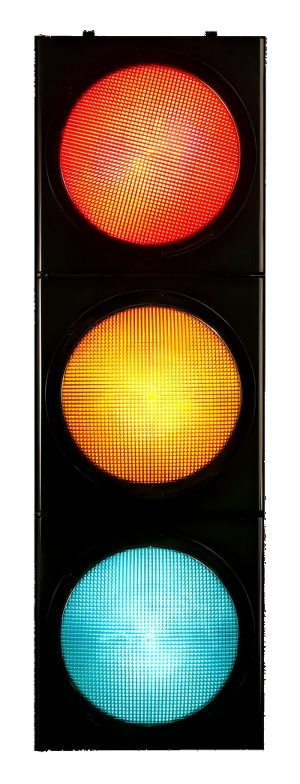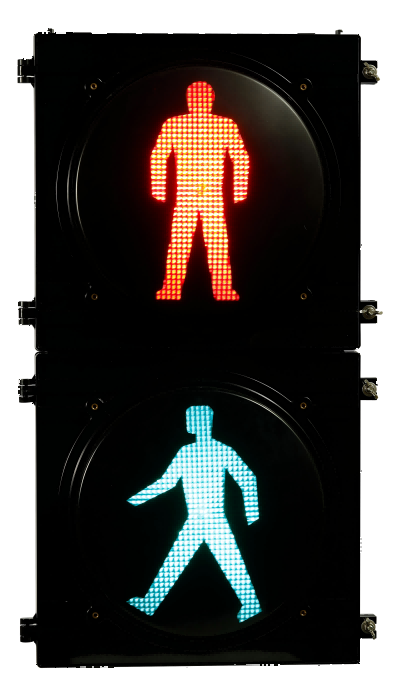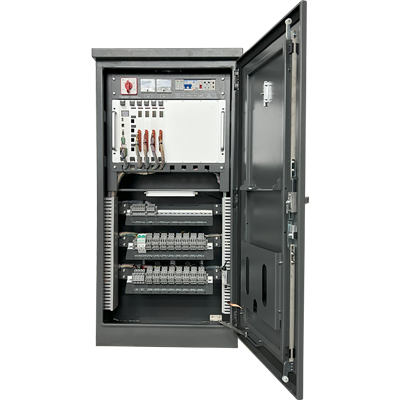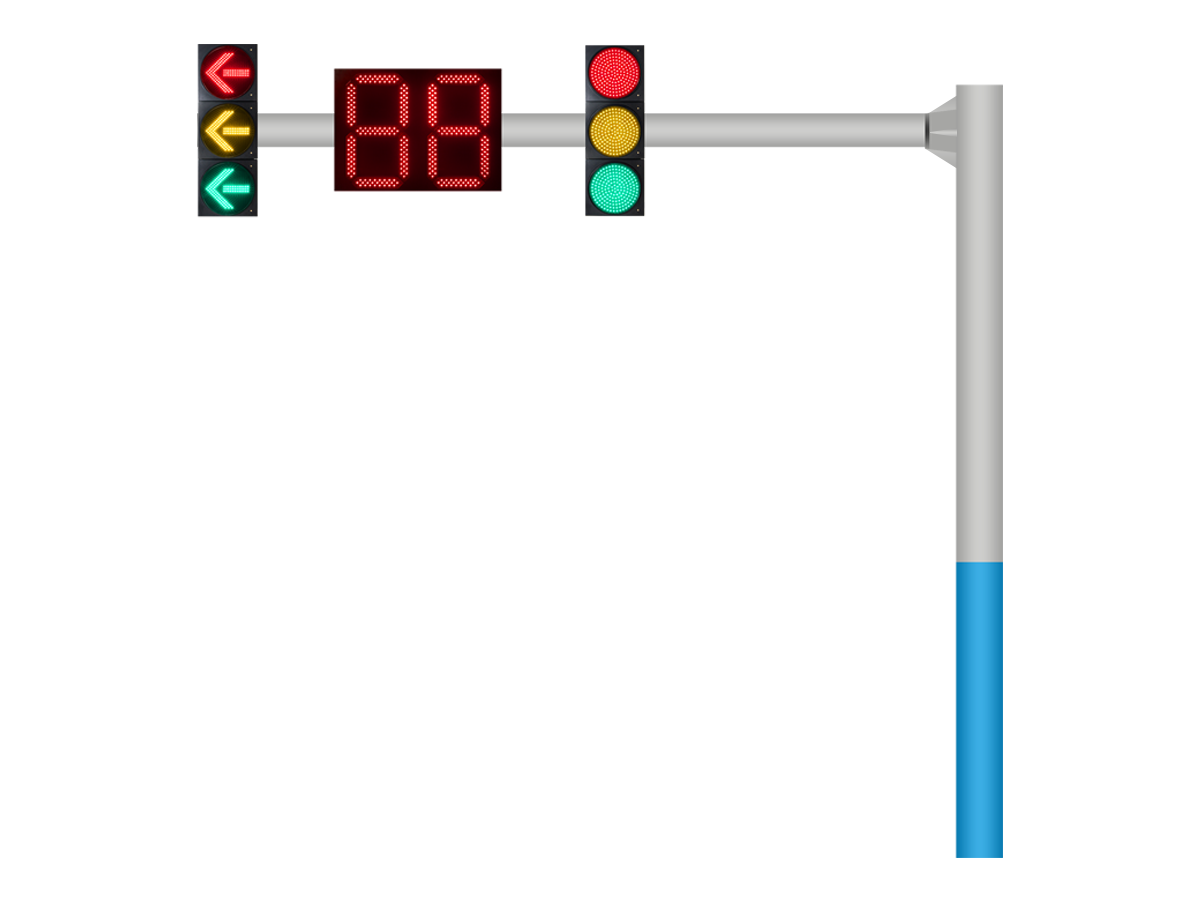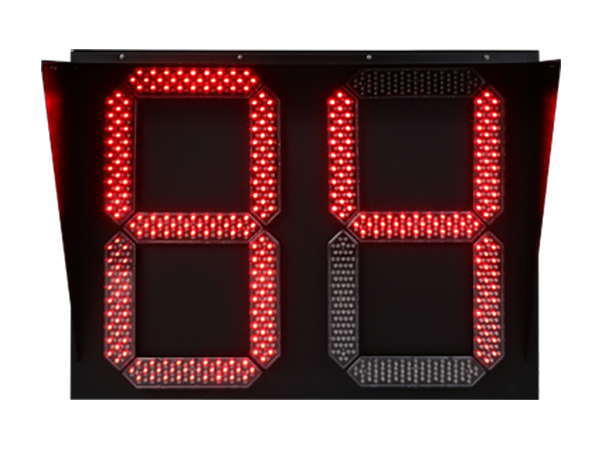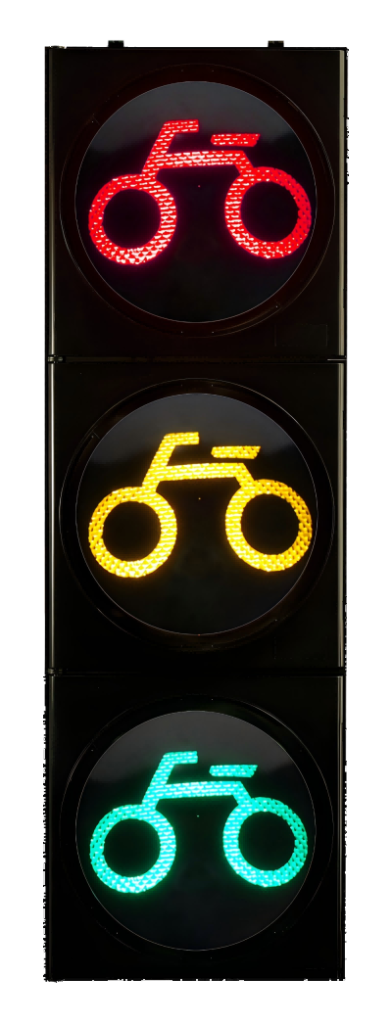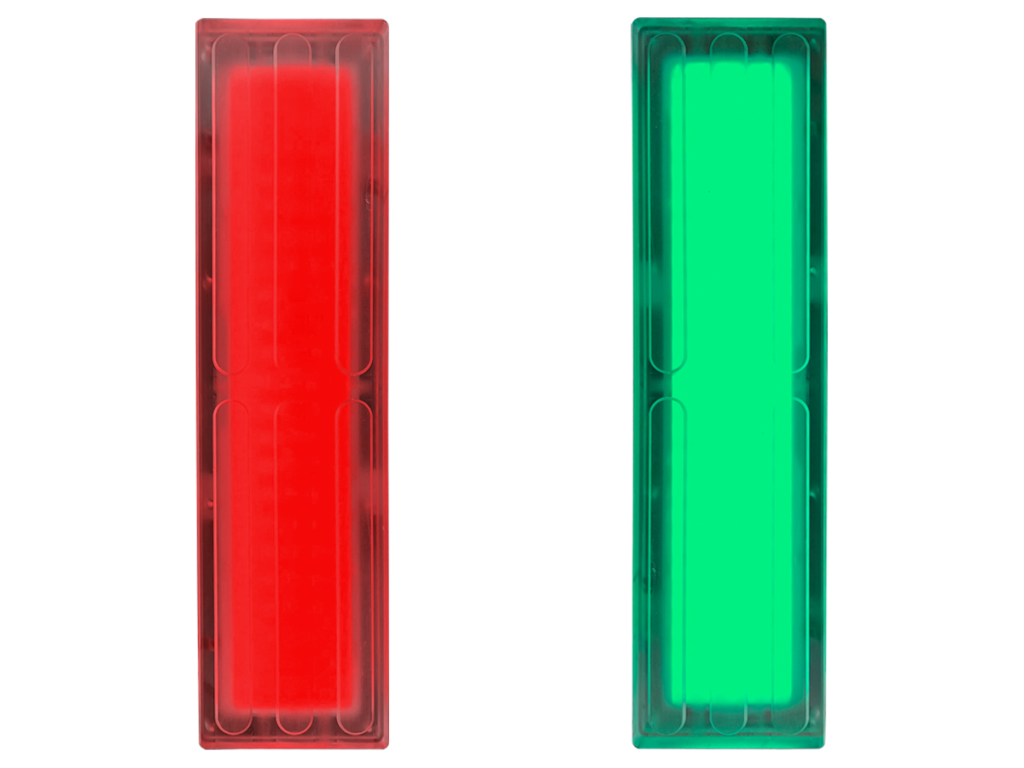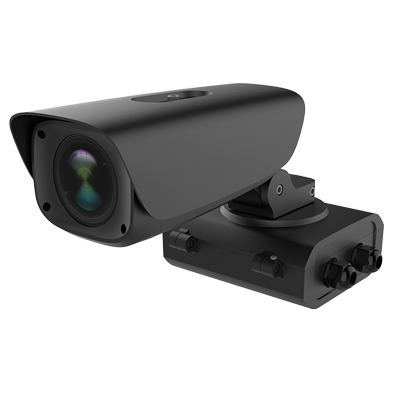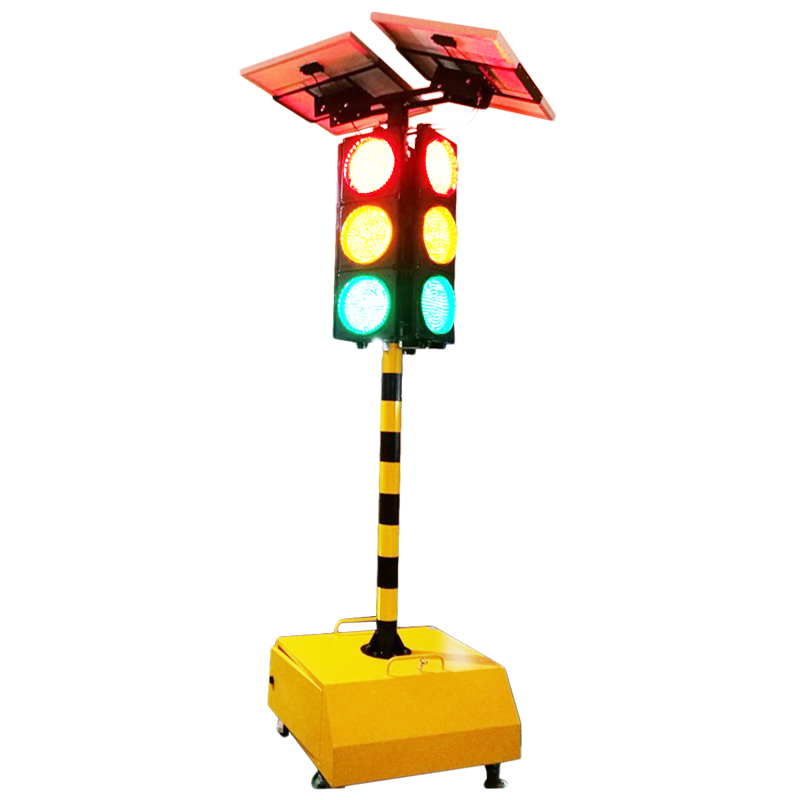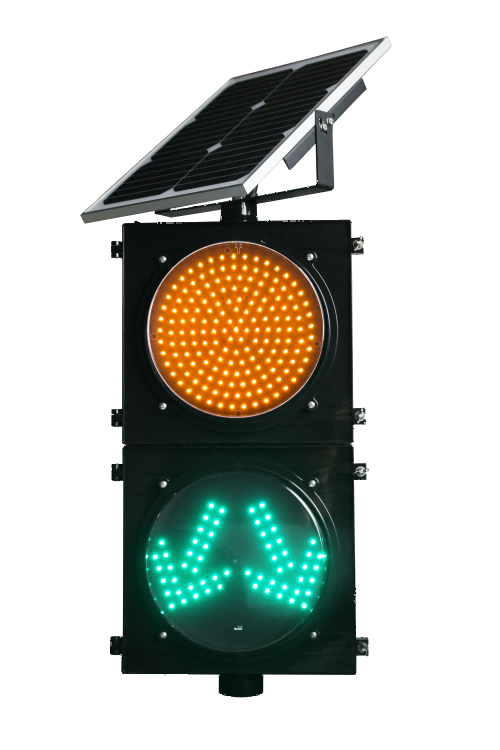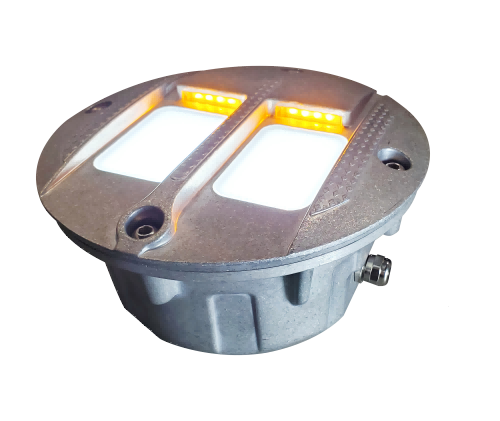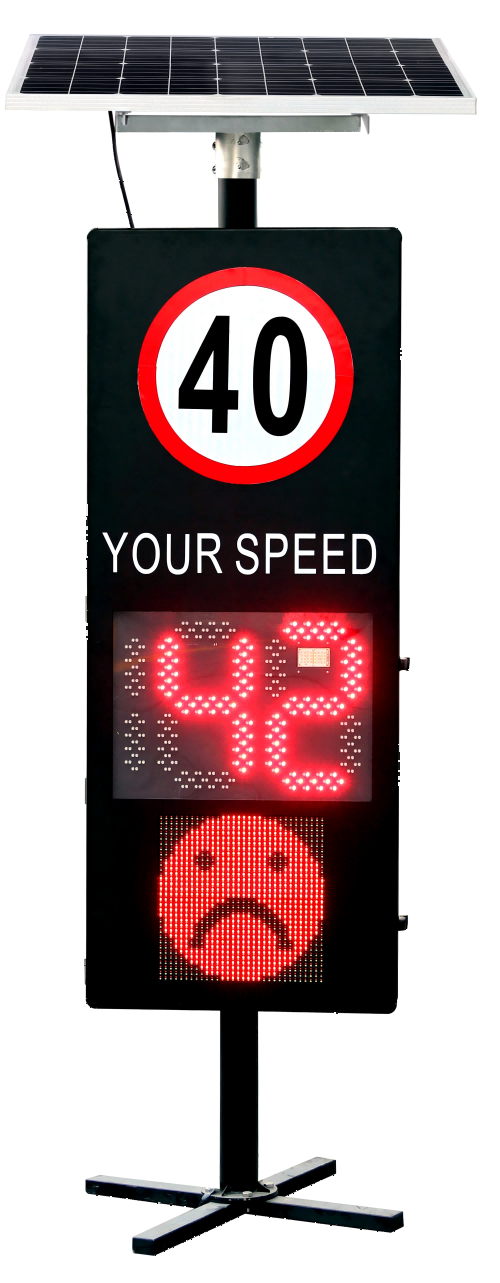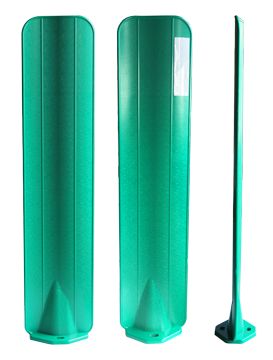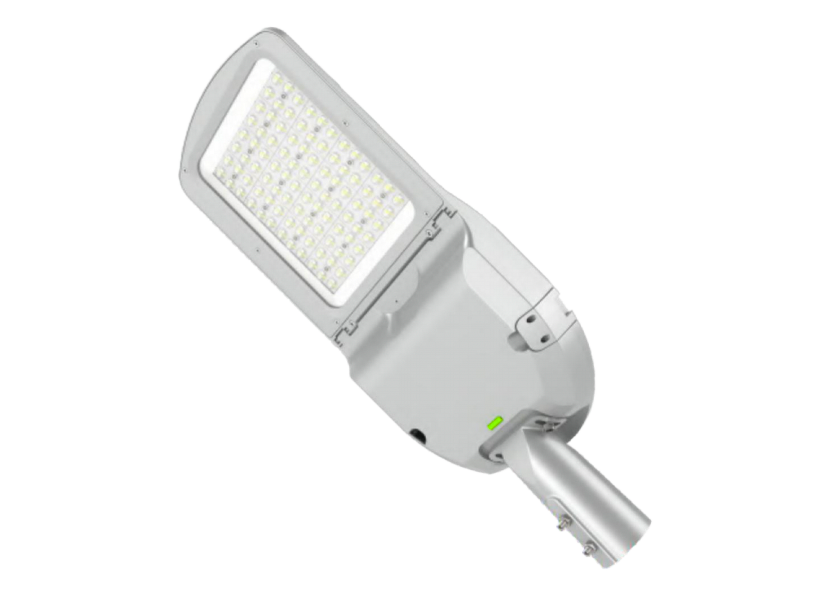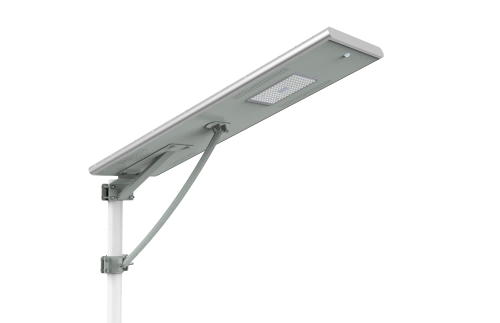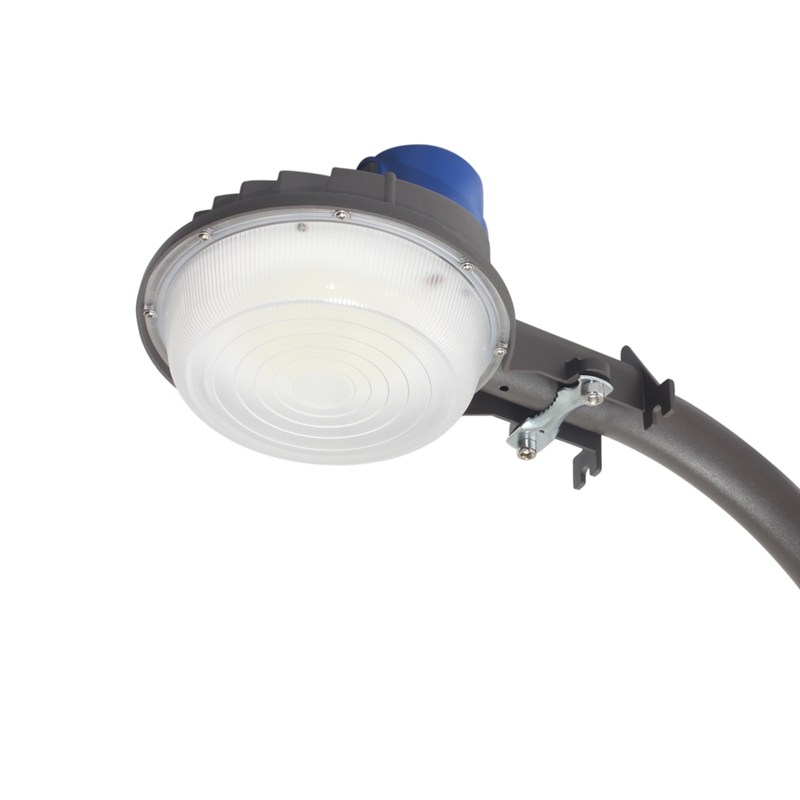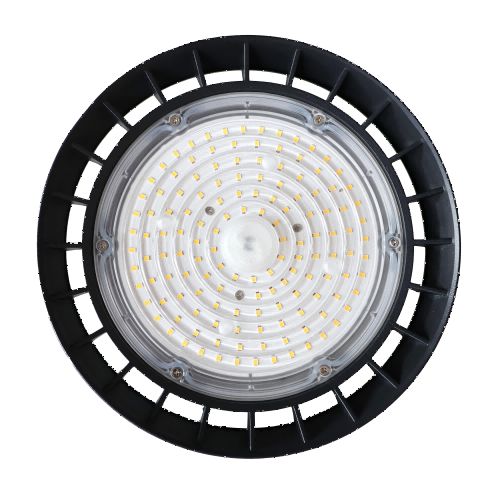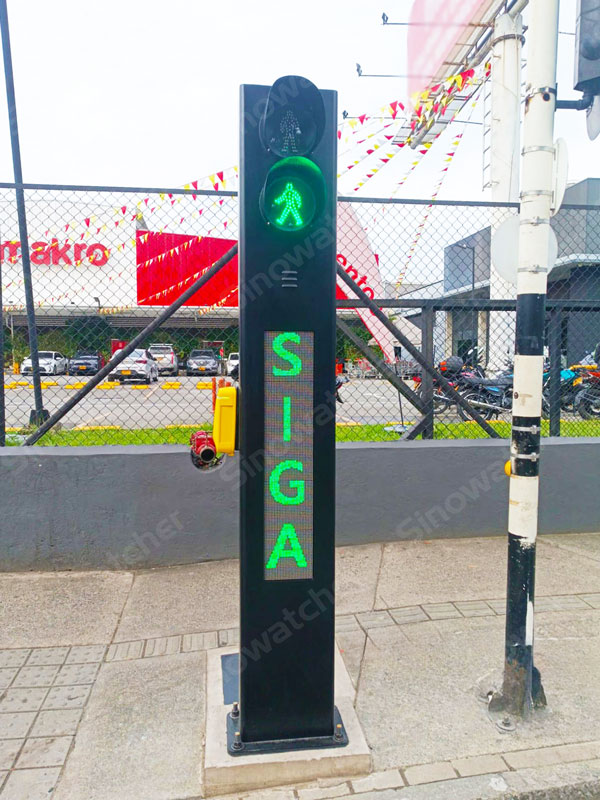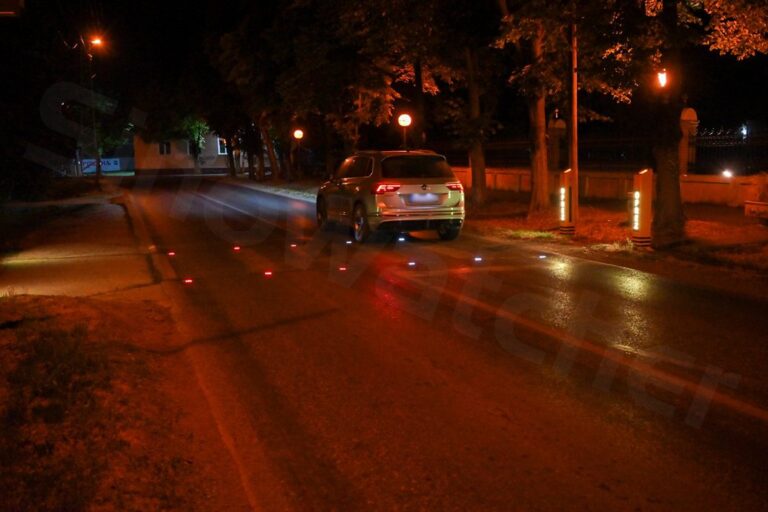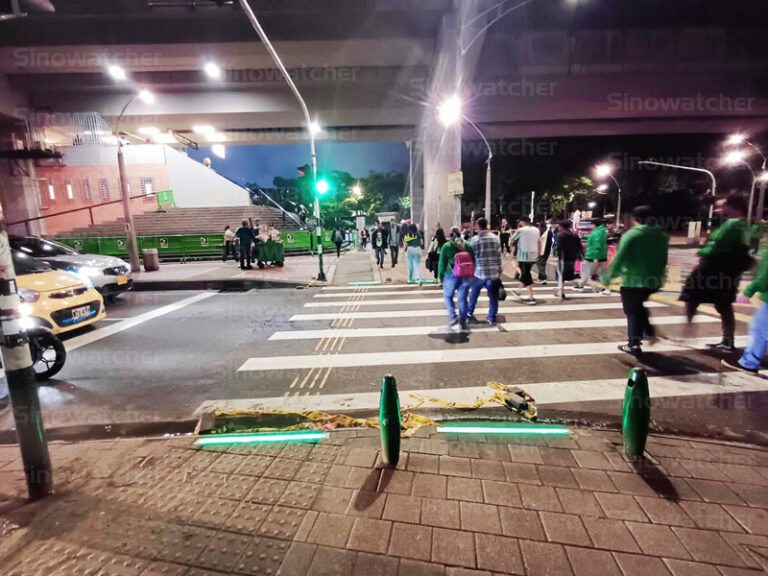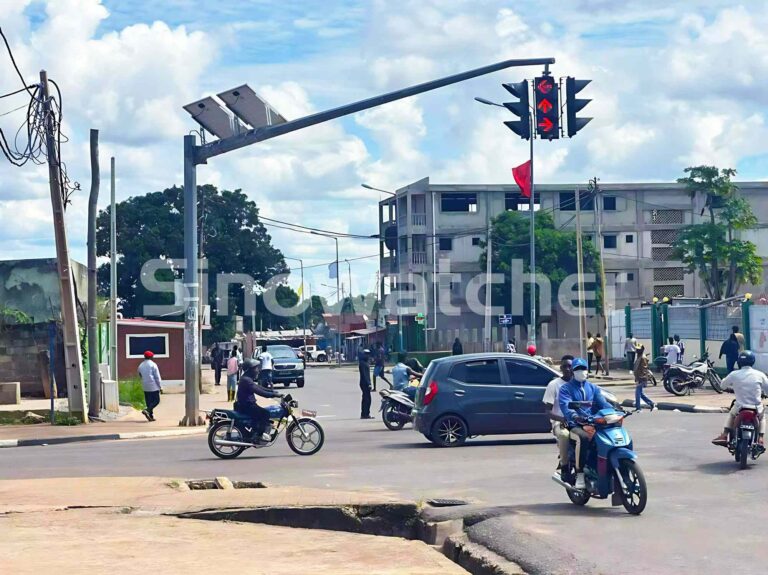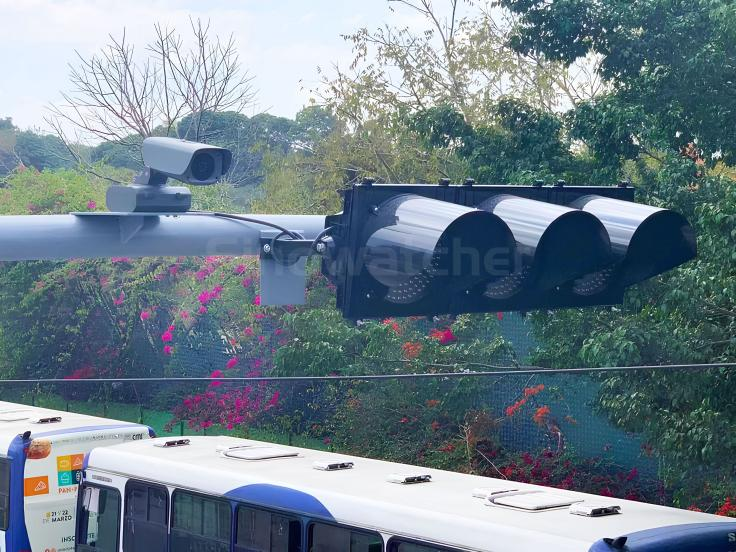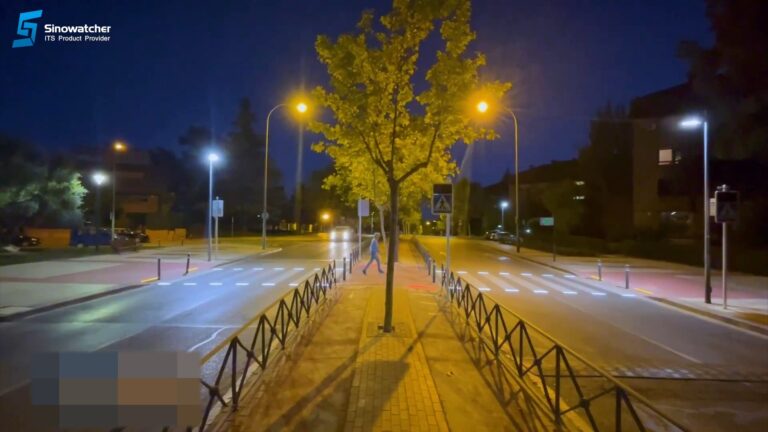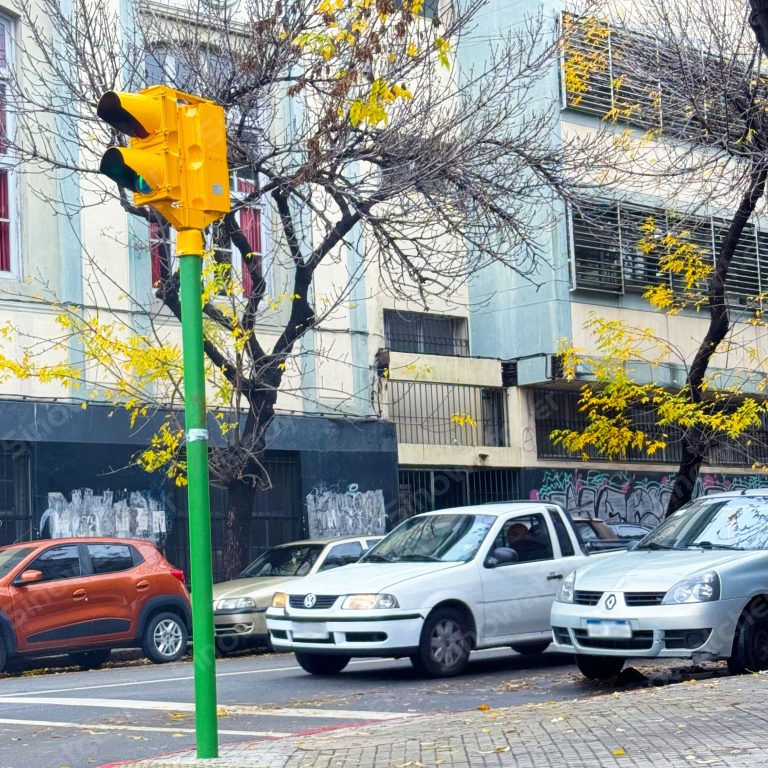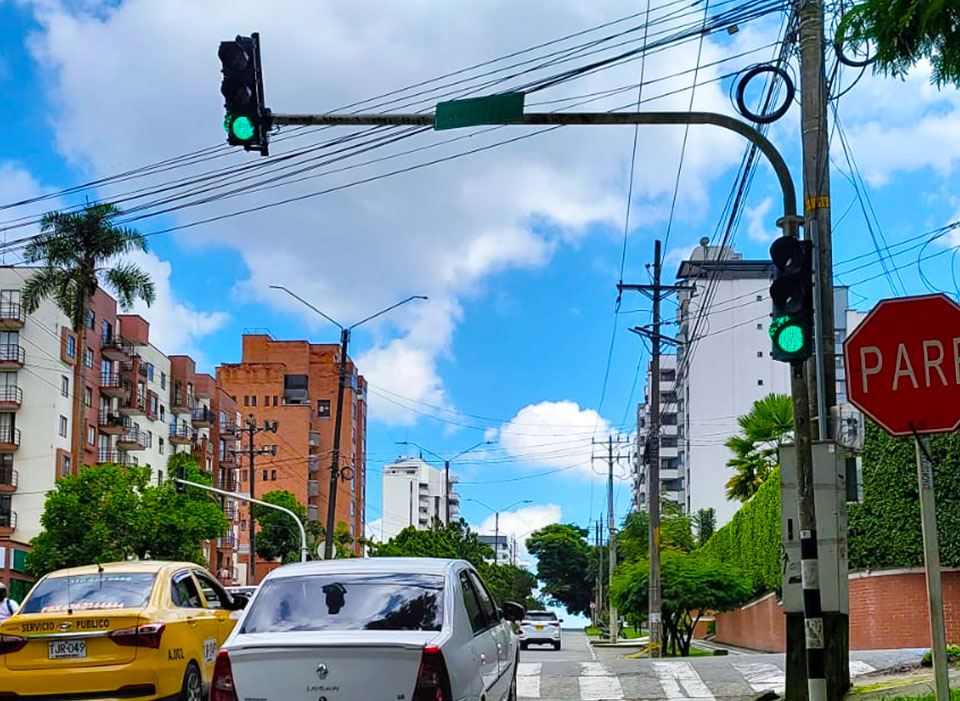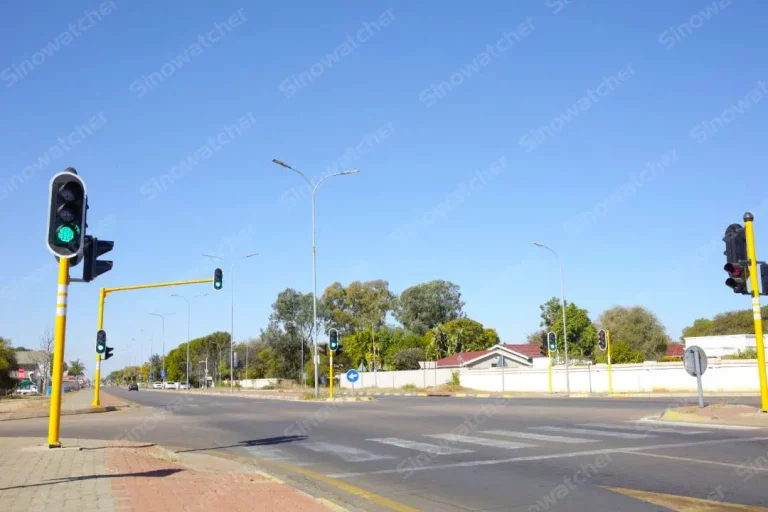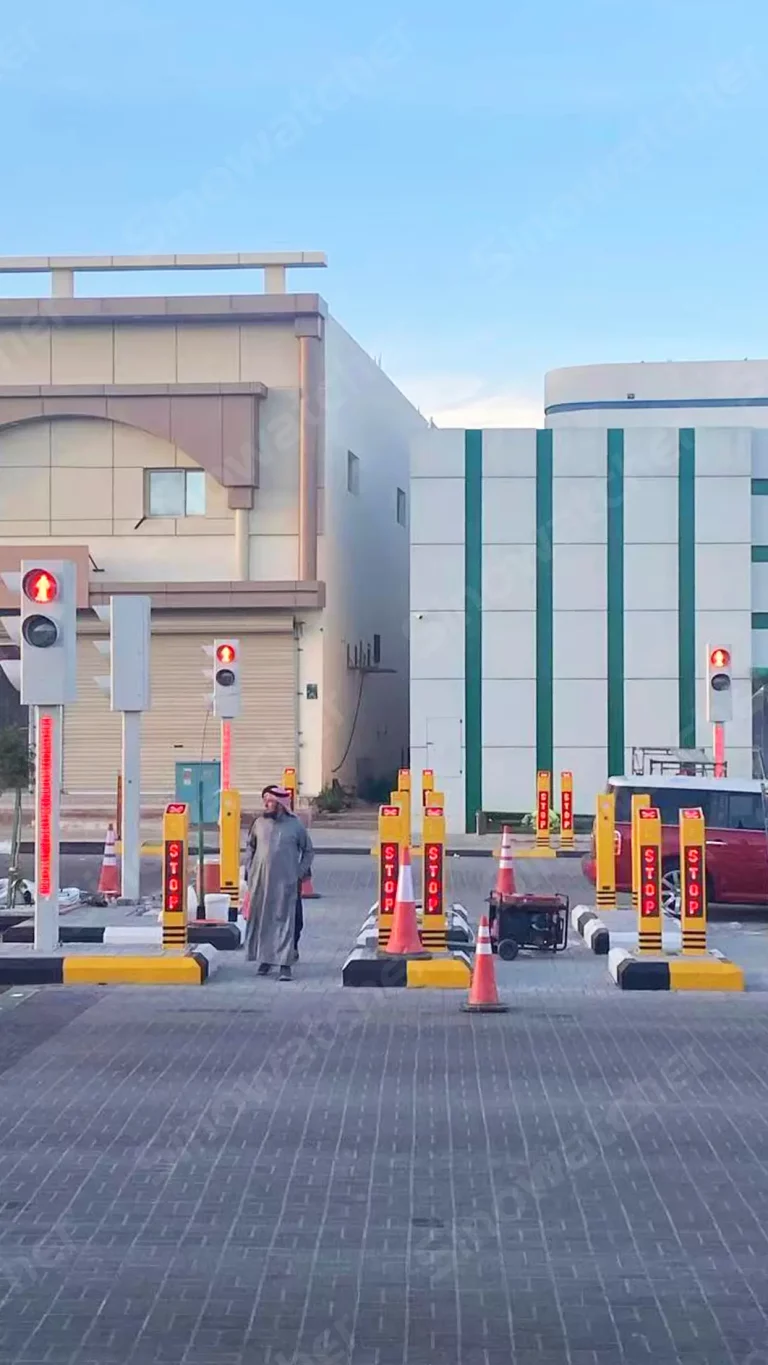In recent years, our urban habits have changed drastically. Not long ago, when walking through the city, we looked around: shop windows, cars, billboards, or simply other people. Today, however, most of us walk with our eyes down, focused on the phone screen.
This shift may seem small, but it has enormous consequences for road safety. Pedestrian traffic lights, designed decades ago, were created for citizens who looked up. But what happens when those citizens no longer raise their heads? It means our Pedestrian Crossing Systems also need to change.

Bringing the Signals Down to Earth
If habits have changed, urban technology, like Pedestrian Crossing Systems, must change too. It’s not about blaming pedestrians for being distracted, but about accepting reality and designing solutions that reduce risks. Several cities are already experimenting with innovative alternatives:
- In-ground LED Brick Lights: LED brick lights embedded in the pavement that glow red or green, right along the crossing line. Even if someone is looking at their phone, the signal is still in front of their eyes.
- Smart Bollards: Bollards equipped with red and green display screens, with some versions integrating infrared sensors. When a distracted pedestrian steps forward during a red phase, the bollard can emit a loud acoustic alarm to alert them.
- Smart Totem Pedestrian Signals Light: An all-in-one product combining pedestrian lights, led strip lights, led display and an acoustic signal system, designed to create a comprehensive and integrated safety solution at crossings.
All these ideas aim at the same thing: bringing the signal closer to where our attention actually is.
A Step Toward Safer Cities
It may sound exaggerated to talk about a “revolution” in something as ordinary as a pedestrian traffic light, but it isn’t. Accident statistics show that distraction is one of the main causes of pedestrian injuries, about 20% of accidents are co. A simple flash of light on the ground can prevent someone from crossing during a red light and save a life.
Investing in advances in Pedestrian Crossing Systems is not just a technical matter; it’s also about acknowledging that cities must adapt to the real behavior of their residents. Asking people to stop using their phones isn’t enough; it’s more effective to redesign public spaces so they remain safe, even with this habit firmly in place.
Conclusion
Do we need advances in Pedestrian Crossing Systems? The answer is clear: yes. Traditional Pedestrian Crossing Systems have done their job for decades, but today they face a different challenge. Bringing signals down to the ground, adding sounds, or projecting images is not a futuristic luxury—it’s an immediate necessity.
Technology may be part of the problem, but it can also be the solution. Using it to protect us, rather than distract us, is the next big step in the evolution of our cities. Innovations like In-ground LED Brick Lights, Smart Bollards, and the Smart Totem Pedestrian Signals Light demonstrate how these new products can reshape crossings and create safer urban environments.
Real-World Implementation
These solutions are not just concepts—they have already been implemented successfully in real projects. Below, we share some links to one of our installations where we deployed to improve pedestrian safety.
The images and videos highlight how these innovations look in practice and how they transform a standard crossing into a safer, smarter, and more engaging experience for pedestrians.
Related case introduction:
Système de passage piéton intelligent de Guangzhou
Enhance Pedestrian Safety with Smart LED Crosswalk Solutions– Inspired by Serbia’s Success
Sinowatcher a installé plus de 2 000 LED Brick Light en Europe.


